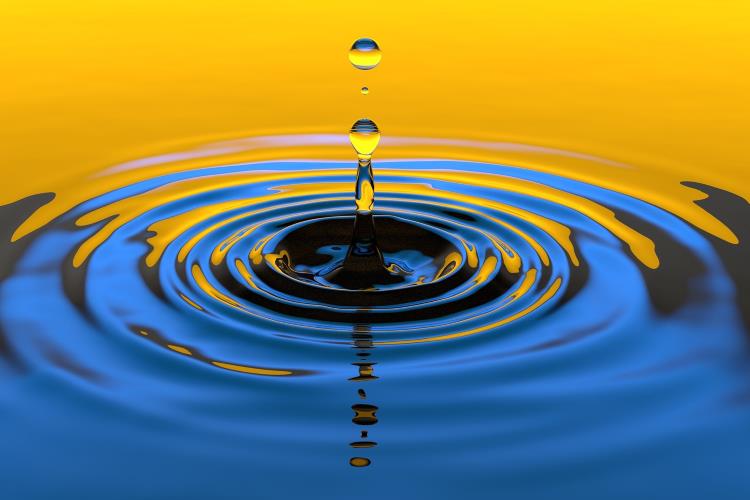The Alternatives of Water Recycling
People who operate a fabrication shop with granite tools, granite blades, quartzite blade, or some type of similar equipment may be in the market for water treatment system. This is an important decision that can have a large impact on the entire business which is why it is important we consider all the alternatives.
The Direct Approach
The direct approach means that we will discharge directly to the city sewer. The route is also eligible for a redirection to the storm drain, if applicable. Expectedly, the city will impose many restrictions on the type of discharge that is allowed. This includes things like:
- An appropriate level of pH
- No access metals
- Certain thresholds of TSS
The reason for these requirements is that the city wants to ensure safety is not hindered. As far as the agreement, the city will allow us to utilize the city water for our daily endeavors and equipment as long as we cover the costs of those. The problem, however, arises as the federal government reduces the amount of waste that local authorities are deeming acceptable. Charges to be expected are in the neighboorhood of $2,000-3,000.
Gravity with the Direct Approach
This scenario applies all the same concepts mentioned above, but it adds additional settling pins/ground tanks. The sole purpose of those pins and tanks is to hold solid materials that might affect the flow of discharge. It is not uncommon to see fabrication shops make an attempt to recycle this water. What is concerning, however, is that we tend to use equipment that cannot support this amount of work and then manufacturers do not honor warranties. That is the main shortcoming of the method as it will not only result in costs related to the permits and legal issue, but also costs that come with equipment repairs or replacements.
The Chemicals
The third method mimics the gravity approach that is applied in the previous solution. The difference is that flocculant, a chemical meant to speed up the settling process in the tank, will be applied. This method will also not require us to have a direct discharge as it is “optional”. Nevertheless, the issue with warranties will expect a shop to have the direct discharge that comes with the necessary permits and fees. Every once in a while, we might run into a manufacturer that does not require the direct discharge, although this is very rare. Once the chemical helps break down the large materials in the tank, the recycled water will be taken to the pieces of equipment.
Water & Filler Press
For shops that do not intend on using any discharge or chemicals, this might be the solution. The patent for this method has been around for almost 20 years, and it includes water quality levels that satisfy most equipment’ needs. As far as the specifics, we can expect:
- Clear Water – Filtered at less than 2 micron
- Grey Water – Filtered at less than 25 micron
The shortcoming of this closed-loop, well-planned solution is the amount of work. Unlike the other three methods, we will have to be around to complete the necessary stages during the process.
The Problems Are Still There
Regardless of the method that we chose, the nature of this endeavor makes it highly susceptible to issues. For example, if we are to use the third method, we have to ensure that the chemical was disbursed evenly and that gravity did its job. Problems like this one occur with each of the four alternatives, which means that the perfect solution does not exist and those granite tools might never be 100% efficient.
If we are looking for a guarantee of high-quality water, we might be asking for too much. Even when the entire process is completed, the shop must be ready to constantly keep an eye on the recycling system as minor issue can destroy granite blades, quartzite blade, and most of other equipment.

